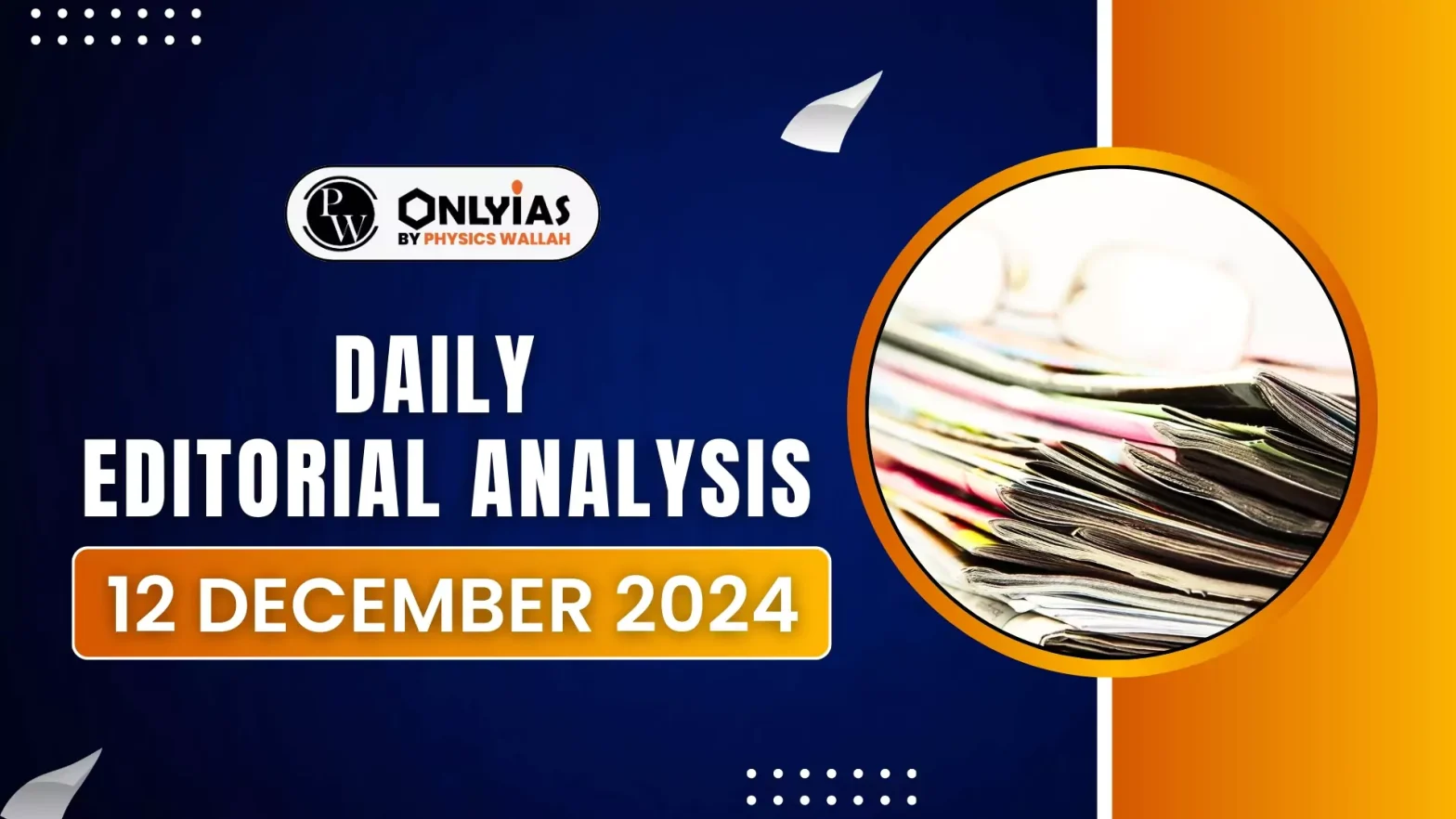In an unprecedented move in India’s parliamentary history, 60 Members of the Rajya Sabha have expressed a loss of confidence in Chairman Jagdeep Dhankhar, leading to a notice for his removal.
No- Confidence Motion
- Under Article 67 of the Constitution, the Vice President, who also serves as the Chairman of the Rajya Sabha.
- He can be removed through a resolution passed by a majority of all the members of Rajya Sabha, followed by agreement from the Lok Sabha.
- This process requires at least 14 days’ notice before the motion can be discussed.
Enroll now for UPSC Online Course
- Article 63 of the Constitution of India provides that there shall be a Vice-President of India.
- Articles 64 and 89 (1) provide that the Vice-President of India shall be ex- officio Chairman of the Council of States i.e., Rajya Sabha and shall not hold any other office of profit.
|
Reasons Behind the No-Confidence Motion
The Opposition has raised a no-confidence motion against Rajya Sabha Chairman Jagdeep Dhankhar, citing concerns over perceived partisanship in his actions. The key reasons include:
- Inconsistent Rulings: On December 9, 2024, Dhankhar’s decision to allow BJP MPs to speak on an adjournment motion that he had previously rejected led to criticism.
- Exclusion of Opposition Leaders: The Opposition has pointed to a recurring pattern where the Leader of the Opposition, Mallikarjun Kharge, was reportedly disallowed from speaking in the Rajya Sabha, which they claim undermines the role of the Opposition in parliamentary discussions.
- Public Statements: Mr. Dhankhar’s public statements have been seen by some as aligning closely with government views while criticizing the Opposition, further fueling allegations of partisanship.
The Role of the Chair in Parliament
- Expected Neutrality in Key Positions: In a functioning democracy, positions such as the President, Vice-President, and Speaker of the Lok Sabha are expected to be apolitical, despite being filled through partisan elections.
- These officials should rise above party lines once in office to maintain the integrity of the institution they represent.
- Chairman’s Role in Mediating Conflicts: In the face of increasing hostility between the government and the Opposition, the Chairman’s role becomes crucial.
- The Chair is expected to mediate, ensuring that both sides have a platform for their views while maintaining decorum and neutrality in parliamentary proceedings.
Need for a Neutral Chair
- Restoring Trust and Integrity: To effectively mediate between the government and Opposition, the Chair must be perceived as neutral.
- Regardless of the validity of the grievances raised by the Opposition, it is essential for the Chairman to demonstrate impartiality.
- By taking proactive steps to show that they are above political divisions, the Chairman can reaffirm their commitment to institutional integrity rather than partisan loyalty.
- A Call for Reassurance: If the Chairman is seen as impartial, it would help preserve the trust and integrity of the parliamentary process.
- This neutrality fosters constructive dialogue and promotes the functioning of the democratic system.
Check Out UPSC Modules From PW Store
Government Defense
- Use of Caste in Defence: In defending Mr. Dhankhar, the government has resorted to invoking his caste and claimed that he is targeted because of his caste.
- Use of Nationalism in Defence: The government has also claimed that the motion is a result of the Opposition being rebuked by the Chairman for their anti-India comments.
|
Conclusion
The no-confidence resolution against Rajya Sabha Chairman Jagdeep Dhankhar is unlikely to pass, given the current political landscape in Parliament. However, the core issue isn’t the vote outcome, but the erosion of trust in the neutrality of the Chair. This motion underscores the critical need for impartiality in key institutional roles to preserve the integrity and credibility of India’s democratic system. Ensuring that such positions remain above political disputes is vital for the long-term health of democracy.
![]() 12 Dec 2024
12 Dec 2024
